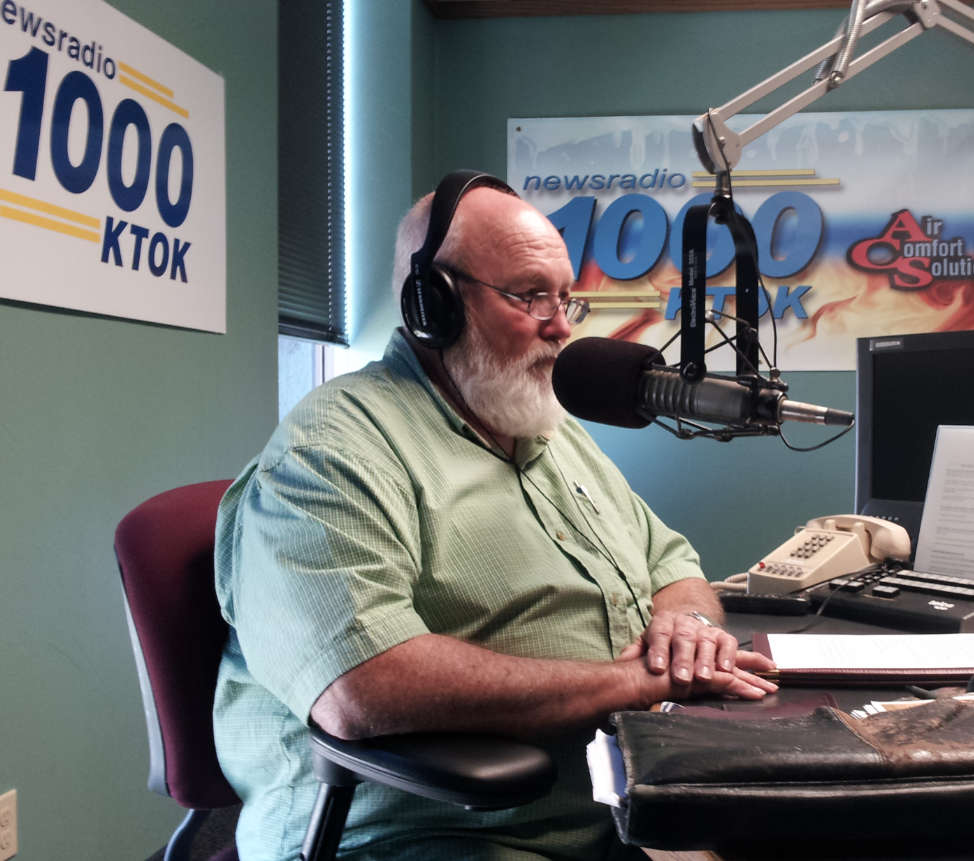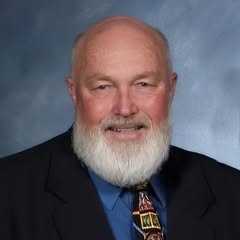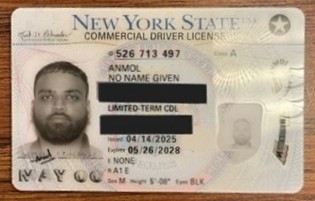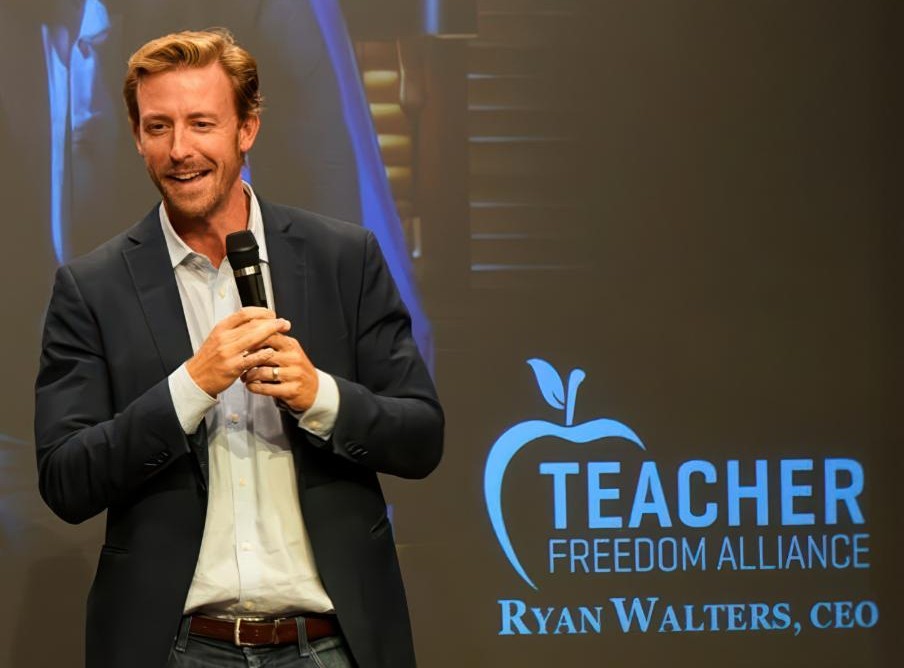Negotiating for Control of Oklahoma
Some important background to better understand how we got to where we are today. Thirty-five years ago the tribes were not well organized and they were excessively dependent upon the federal government by way of the Bureau of Indian Affairs (BIA). Around that time the Oklahoma Legislature passed a law allowing charities, volunteer fire departments, etc. to sponsor bingo games to raise monies for their efforts.
Federal law says, if a state legalizes any class of gambling, then tribes can not be prohibited from offering said level of gambling. With that, we saw a good number of tribal bingo parlors come into existence. Of course, for the most part they more nearly resembled slot machines that paid off when a pull of the one-arm bandit came up with the word bingo displayed three times.
This led to several raids upon these so called bingo parlors for operating illegal machines. That didn’t stop the illegal operations as the money was too big. In some of the tribes, the struggles for control of the tribe and it’s new found wealth looked more like fights among organized crime families, rather than well run government’s.
Eventually, under the guise of “well they are already gambling anyway” and “the state needs to benefit” the citizens passed Class 2 gambling, which brought about the possibility of a compact between the state and the tribes. The state wanted a new revenue stream and the tribes wanted an exclusive monopoly on casinos in Oklahoma. They didn’t want to compete with privately owned casinos, such as in Nevada, or state owned casinos like are found in Kansas. Therefore, the tribes were willing to negotiate.
I am of the opinion that Gov. Brad Henry wanted the support of the tribes for his reelection bid in 2006, so he sent Scott Mechum to do the negotiating in 2004. The tribes must have been elated, no revenues off existing machines, a small percentage of revenues from all new machines based on what the tribes claim the machines take in (the state can’t audit the operations) for the next 15 years. But, the best kicker of all, 15 years from now if the tribes are not satisfied with renegotiations, then the compact stays the same for another 15 years. It was easy for Brad Henry and Mechum to make a deal with the tribes when they were willing to practically “give away the farm” to get a deal.
I don’t know if anyone ever believed gambling would grow so big and bring the kind of wealth to the tribes that we see today. While gambling is generally very harmful to the citizens of Oklahoma, it has empowered the tribes and been good for the economy of Oklahoma. If not for the people from Texas, Arkansas, Missouri and Kansas coming to lose their money in Oklahoma, how else would we ever balance out the monies we Okies spend in those states during the OU Texas game, Big 12 championship game, bowl games, trips to Eureka Springs and Branson?
It took the first few years of the compact for gambling revenues to reach 1 billion dollars per year. Now, according to the tribes, those revenues are topping six billion dollars a year. Only Nevada has more casinos than Oklahoma and we rank second, only to Nevada, in gambling revenues. However, we don’t even rank in the top ten states for gambling revenues going to state government. Because of the compacts, different tribes pay between four to 10 percent of their “reported” profits to the state, while tribes in other states pay up to 20 percent or more.
So, 15 years is upon us and Governor Stitt would like to see the tribes pay the state more for their exclusive gambling Monopoly. The tribes know they have a sweetheart deal and they have come together to mount a public propaganda campaign to stop the Governor’s efforts.
The tribes and their leaders are not stupid, especially when it comes to the brilliant Chickasaws with the Choctaws and Cherokees close behind. For years now the Chickasaws have spent millions on a public relations campaign featuring very professionaly produced TV, radio and print ads for newspapers and magazines.
My good friend Dr. David Yeagley, an enrolled member of the Commanche Tribe, and I had many lunches together before his passing, and discussed the reasons for the massive and expensive PR campaigns. Basicly it comes down to these reasons. These ads build pride and loyalty amongst tribal members toward the tribe and tribal leaders. That in turn increases the political power of the tribes. Some, perhaps not all, of the tribes would prefer to have full and complete governmental sovereignty out from under the thumb of the BIA (currently tribes are considered to be dependent sovereigns and are under some degree of federal regulations).
Therefore, the tribes have political as well as financial agendas, with strategies on how to achieve their goals. Perhaps a little recognized reason for spending millions on these PR campaigns is the hope that the media will give them a pass in exposing the many advantages tribally owned businesses have over non tribally owned businesses.
With the wealth created by the casinos some of the tribes have been rapidly buying or building and operating, many businesses unrelated to the casinos. Some examples of those businesses are newspapers, banks, restaurants, hotels, service stations, gift shops, arcades, etc.
What most in the public do not understand is what happens when a tribe owns a business. They can collect sales taxes, but they don’t have to send them to the state. They do not have to pay corporate income taxes. They are exempt from paying property taxes (this is eroding the tax base in the counties which support our schools and county government).
The tribes can collect, but they don’t have to pay to the state, fuel taxes nor taxes on tobacco products (under pressure from the state the tribes have compacted to have tobacco taxes paid at the wholesale distributor level). Somewhat the same with gasoline and diesel, except in the case of fuel the state kicks back 4.5 percent of the gross production taxes right off the top to the tribes to compensate what they paid in fuel taxes. They can sell their own licence plates for trucks and cars, thus the state misses out on those revenues that the rest of us must pay to fund state government.
As one can see, it is a horribly unfair playing field, and I believe the tribes would rather the media not expose the tremendous advantages that tribally owned businesses have in the market place. In addition, tribal members are considered to be a minority, and thus a business owned by a tribal member will have a bidding advantage for government contracts.
Now, in the current PR campaign, the slick ads are trying to convince everyone in Oklahoma how valuable the tribes are to the state and the many people they help. I want to make sure it is on record that I agree with those statements. The tribes do many good things for the state. In particular tribal members are helped in many ways.
We have seven Indian hospitals and around 30 Indian clinics in Oklahoma, where tribal members can go for free healthcare. While the vast majority of those costs are paid by American taxpayers through the federal government, there have been many improvements to these facilities paid for, in part, by local tribes.
The tribes claim to help primary and secondary schools educate our children. Just remember if it were not for the many tax exemptions and kick backs, the state and local government would have much more to fund the same things.
The tribes help with the cost of housing for elderly members. And, even young maried couples, building a new home, may find that they are eligible to have their tribe pay for a well and septic system if they are building in a rural area. That $10,000 benefit buys a lot of loyalty toward the tribes.
Tribes do spend a lot of money to improve roads and bridges. However, there is a little secret here. It was recently announced that the amount of federal dollars coming to ODOT (Oklahoma Department Of Transportation) over the next five years was going to be increased to over five billion dollars. At the same time, it was announced the amount of federal road funds distributed to tribes over the same five years would be increased to over 2 billion dollars. We would probably be better off having ODOT receive the seven billion over that time and making priority decisions based on their Eight Year Plan, rather than trying to coordinate between ODOT and 39 trial government’s.
Ultimately the tribes don’t want to give an inch. Because of the many tax and economic advantages they have, they are rapidly growing in political as well as economic power. If a level playing field is not created soon, then within the next 20 to 30 years, most all Oklahomans will either be working for one of the tribes or trying to compete against one of their businesses, which won’t be easy. What Governor Stitt is trying to do is a small, but important step, toward equity in Oklahoma.
Charlie Meadows is the founder and former president of the Oklahoma Conservative Political Action Committee (OCPAC ). He now holds the title of President Emeritus. He may be contacted at: Charliemeadows7@gmail.com












Latest Commentary
Thursday 30th of October 2025
Thursday 30th of October 2025
Thursday 30th of October 2025
Thursday 30th of October 2025
Thursday 30th of October 2025
Thursday 30th of October 2025
Thursday 30th of October 2025
Thursday 30th of October 2025
Thursday 30th of October 2025